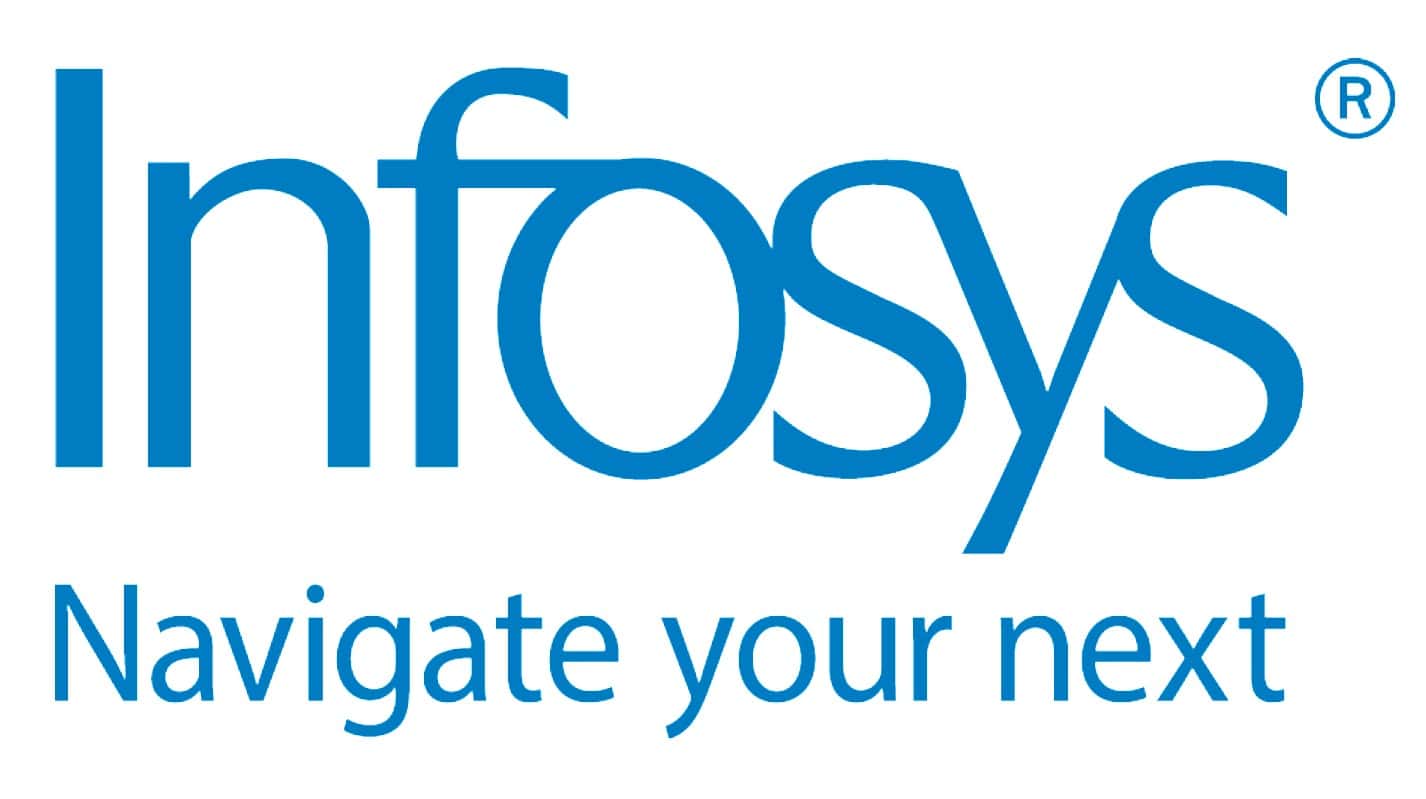As economies reopen, Financial Services (FS) organizations continue to focus on reinventing ways of working and doing business. Dennis Gada from Infosys explains how cloud is shifting from being a technology enabler to business transformation enabler.

Adoption of cloud is at the forefront of the designing the future of FS. This includes new customer experiences, innovative new market offerings, entirely new business models and re-imagining cross-industry value chains. FS firms are seeing multiple shifts and are responding with a business-building and innovation approach accelerated by cloud:
1. Shifting from “banking as a product + services” to “banking as a lifestyle orchestrator”
2. New digital business models driving hyper-personalized customer experiences
3. Business platforms and composable services acting as building blocks of new capabilities
4. Ecosystem banking cutting across industry boundaries and value chains
To achieve these shifts, FS firms are embarking on ambitious cloud transformation agendas and leveraging partners, like Infosys, who have a proven track record in delivering business outcomes with deep domain expertise and Cobalt Cloud Engineering assets to accelerate the speed to value. This helps these firms differentiate in the marketplace and move faster than their peers.
One US-based super regional bank is leveraging cloud to re-imagine the bank as a set of cloud native business platforms. The bank started by building foundational technologies, new ways of working and a platform mindset before moving the entire data lake to cloud and starting to design and build cloud native platforms in an agile engineering centric model.
Infosys assisted in this journey by creating business and technology blueprints for each of the lines of business, followed by establishing agile pods to build these cloud native business platforms. This lays the foundation for the bank to enable new customer experiences and lifestyle banking.
Additionally, Infosys worked with an international financial technology firm that operates an electronic trading platform for the institutional credit markets. They had a challenge in their reconciliation process that was complex and not scalable. The Infosys Cobalt FS solution, iRecon, was leveraged as a cloud-hosted service by the firm for their transaction reconciliation process. This helped the firm manage enterprise-wide reconciliation needs on a cloud- hosted end-to-end platform, thus avoiding large capital expenditures.

Another multi-national bank with a multi-cloud strategy wanted to unlock the power of data using cloud. Infosys partnered with the bank to build a multi-cloud enterprise data and analytics platform with a suite of modular solutions to enable data driven capabilities through agile experimentation and extreme automation. The bank has successfully migrated key data centric use cases like liquidity reporting, data passporting and transaction management on cloud.
FS firms can successfully transform their business and continue to stay ahead with cloud by adopting an integrated strategy across 3 pillars:
1. Build the foundation first: FS firms should build enterprise grade, secure, optimized cloud foundation as the first building block of their strategy. This foundation should meet the needs of the IT risk, security, engineering and support teams. As part of the foundation, firms can unlock the power of cloud by migrating and modernizing pilot workloads. This helps to validate organizations’ cloud adoption readiness, adopt an automated factory model and deliver quick wins. Building new capabilities like DevSecOps and SRE models should also be included as part of this strategy.
2. Develop cloud native platforms guided by a north star vision: FS organizations can reimagine their business, deliver hyper-personalized experiences and become agile, fast-moving and future-ready – but they need to build a platform delivery model and culture under a north star vision for platforms. These next-generation cloud banking platforms should be cloud native, API-centric, microservice-based, event-driven, hyper scalable, modular and open, all while managing data. FS firms can either choose to replace legacy platforms entirely or perform a progressive transition by selecting key functions for this transformation.
3. Innovate with a use-case driven mindset: To make the technology real, new use cases for cloud are constantly emerging. Cloud capabilities are expanding into space and to the edge. Cloud will likely ease the adoption to 5G wireless, and big data related to customers and third-party sets is growing exponentially. AI and ML models are also becoming more accessible and easier to adopt with cloud. FS firms need to leverage these factors to identify new use cases for customers and to establish market differentiation while driving continuous innovation.
Infosys is partnering with FS firms across these cloud transformation pillars to deliver business outcomes with cloud native business platforms, micro-vertical based cloud use cases, industry solutions, and ML models for high potential cloud domains. Infosys also brings unique outcome-based commercial models, self-funded transformation journeys with a strong partner ecosystem and out-of-box Cobalt engineering and business assets.
Sponsored By:

FS firms should build enterprise grade, secure, optimized cloud foundation as the first building block of their strategy. This foundation should meet the needs of the IT risk, security, engineering and support teams. As part of the foundation, firms can unlock the power of cloud by migrating and modernizing pilot workloads. This helps to validate organizations’ cloud adoption readiness, adopt an automated factory model and deliver quick wins. Building new capabilities like DevSecOps and SRE models should also be included as part of this strategy.
To make the technology real, new use cases for cloud are constantly emerging. Cloud capabilities are expanding into space and to the edge. Cloud will likely ease the adoption to 5G wireless, and big data related to customers and third-party sets is growing exponentially. AI and ML models are also becoming more accessible and easier to adopt with cloud. FS firms need to leverage these factors to identify new use cases for customers and to establish market differentiation while driving continuous innovation.